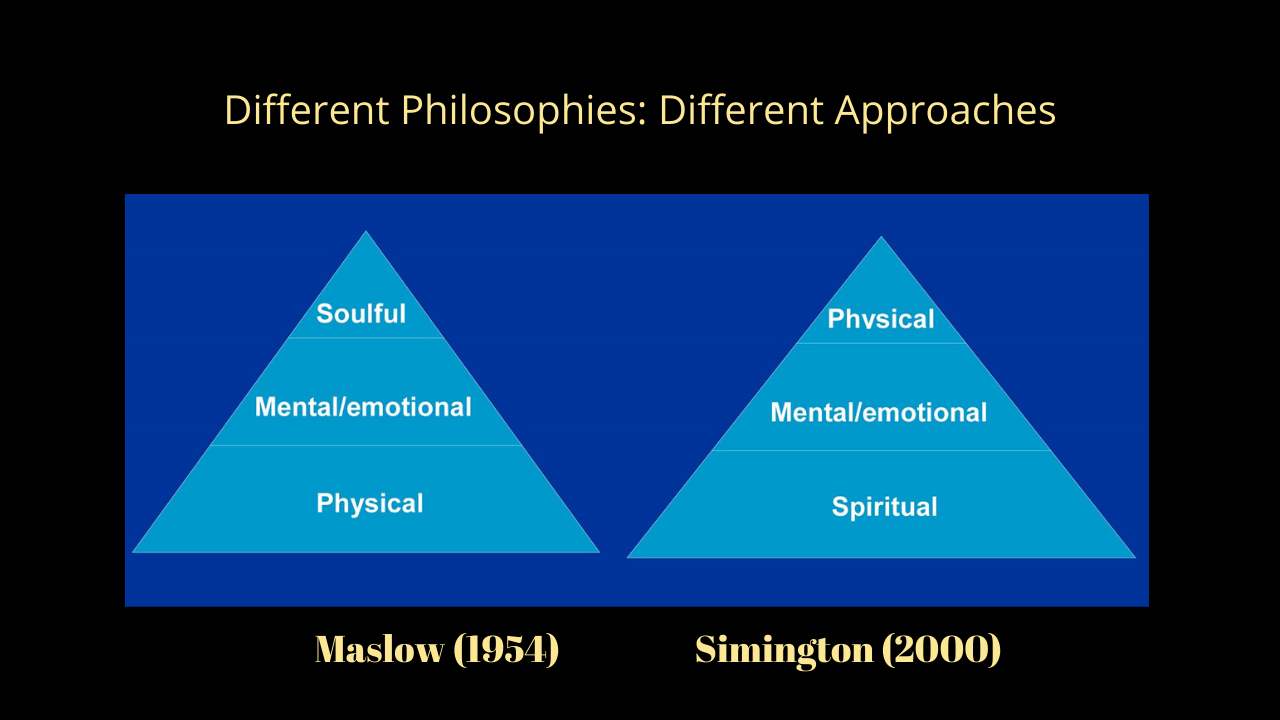Grief Support Certification Course
Welcome!
I am Dr. Jane Simington. I am an educator, author and therapist, with a professional background in both Nursing and Psychology. I am a CCPA (Canadian Counselling and Psychotherapy Association) qualified supervisor for an applicant to become a Canadian Certified Counselor. I designed the Grief Support Certification Course offered through Taking Flight International Corporation. It is developed from my personal experiences of grief, my professional background supporting dying patients and grieving clients, and combined with up-to-date research and theory that describe the best methods and approaches for supporting dying persons, and those who are grieving one or more of the many losses in life.
Healing Approach
In this course, I include alternate and complementary approaches for healing, that are supported in research, and which I have used personally and in professional settings with dying patients and grieving clients. These include energy-transfer-healing, such as therapeutic touch, dream interpretation, therapeutic art, and guided visualization.
Based on the knowledge of how grief impacts the human being, the content provided in the Grief Support Certification Course, helps the learner recognize the physical, mental, emotional, social, and spiritual effects of grief, and gain the skills to help grievers heal these effects.
The Grief Support Certification Course is designed to acknowledge that the essence of human beings in spiritual, regardless of if, or how, they participate in religious or cultural practices. All healing and education offered in the Grief Support Certification Course build from this philosophy and from Jungian thought that directs if you want to address the spiritual aspects of human nature you must use soul's language, the language of metaphor and symbol. In this course, learners gain experience helping their grieving clients interpret the symbolism that appears in the grief client's dreams, therapeutic art, and guided visualizations.


My personal and professional backgrounds have informed me that often the deepest pain of grief is experienced at a spiritual level. My experiences, and the reports from the hundreds of grieving clients I have worked with, indicate that once the spiritual wounds are healed, the mental, emotional, and physical effects of grief can be more rapidly, more effectively, and more easily, also healed.
Within the context of this course, spirituality is described as a human being’s personal relationship to what is meaningful to him or her, and what gives direction and purpose to their life. The spiritual needs as identified by Carson and co-authors in Spiritual Dimensions of Nursing Practice are: the need for love, trust, hope, forgiveness, belonging, and meaning and purpose in life. According to these authors and other researchers, all people are considered to have a spiritual dimension regardless of if or how it is expressed or practiced. Spiritual distress is the suffering experienced when one or more of the spiritual needs are not met, as frequently happens during times of grief.
Mission Statement
Since grief affects every aspect of human beings, interventions must be wholistic in nature. The grief theory and associated healing methods taught in the Grief Support Certification Course are strategies of proven success. They support healing of the physical, mental, emotional, and spiritual manifestations of grief. Knowledge and skills for helping and healing behaviors that affect the family and social life, including the work life of grievers, are included as important portions of the learning and healing experiences.
Do You Want to Be a Certified Grief Support Counselor?
Individuals in each of the groups listed below have the potential for experiencing grief. If you are working with, or would like to work with, children, or adults from any of the following, or similar groups, then this training is definitely for you:
- Anyone grieving the death of a family member, friend or colleague.
- Anyone grieving the relocation of a family member, colleague or friend.
- Anyone grieving the incapacity or death of a pet or favored animal.
- Anyone grieving a severed relationship such as happens in separation or divorce.
- Anyone living with a life-threatening diagnosis.
- Anyone living with a life-altering situation, such as a chronic condition or illness.
- Anyone grieving the actual and anticipated losses related to the stages of development, such as takes place for children with developmental challenges.
- Anyone grieving the loss of a body part, or alterations in functioning.
- Anyone grieving the actual and anticipated losses related to relocation, such as during relocation to a care facility, or another country.
- Anyone grieving the loss of culture, cultural practices or language.
- Anyone about to, or who has recently retired.
- Anyone who recently lost a job or valued position, including a loss of goals and dreams.
- Anyone in a rehabilitation situations, residents in Assisted-Living, or in a Long-term Care Facility.

